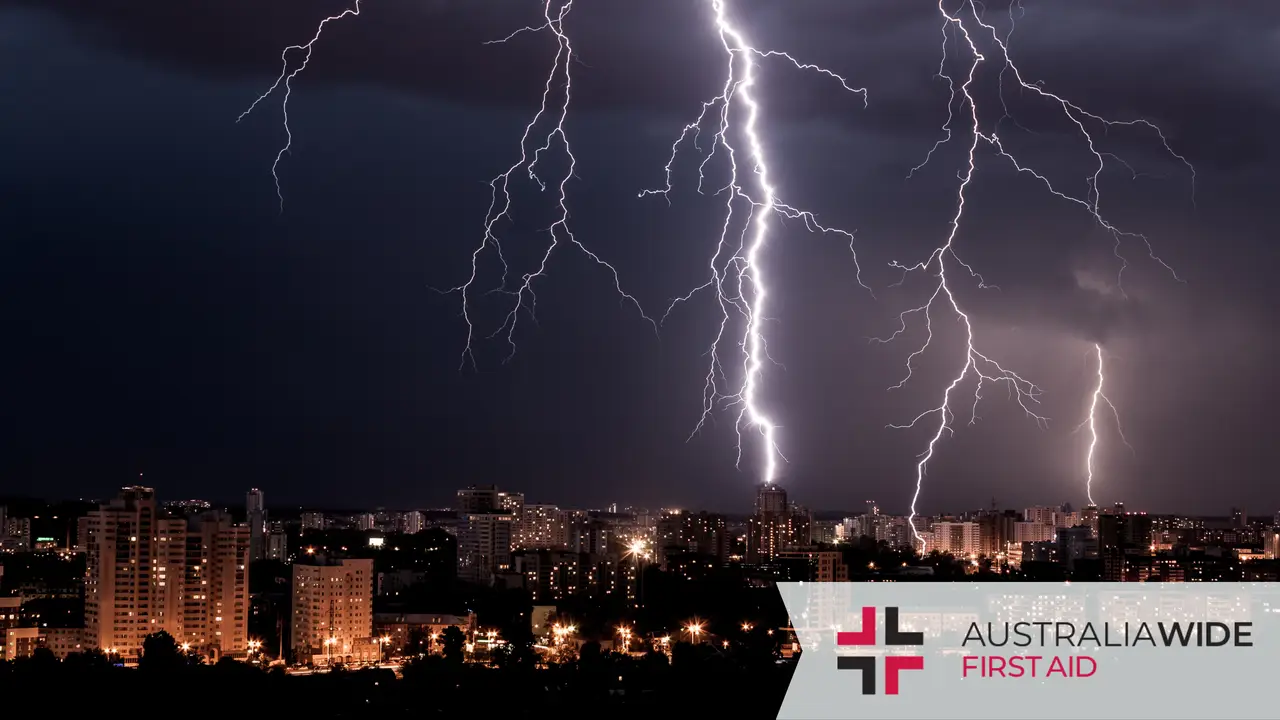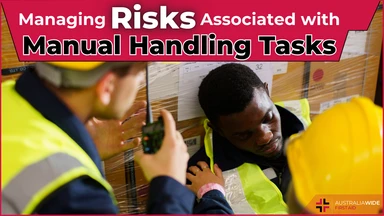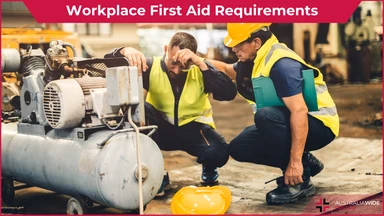Lightning Radars and Avoiding Lightning Strikes


Lightning radars are used to track electrical activity during severe weather events.
They’re often used to prepare for damage to electrical networks, but they can also be used to reduce your risk of a lightning strike.
In this article, we are going to look at how to identify and manage the symptoms of a lightning strike, as well as how to reduce your risk of a lightning strike.
If you’re interested in getting hands-on experience with managing different emergencies, you can sign up for one of our general or childcare first aid courses near you.
Very simply put, lightning is an electrical discharge that occurs when there is an imbalance of electrons in the clouds or between the clouds and the ground.
When lightning strikes the body, there is a nine in ten chance you’ll survive. Common symptoms of a lightning strike are:
Some of the most common long-term effects of lightning strikes are persistent neurological symptoms, including muscle weakness, sensory loss, spinal cord weakness, and difficulty thinking and concentrating. The severity and length of healing time for these injuries depends on how severe the initial injury was.
If you see somebody get struck by lightning, call 000 immediately. You can also visit our blog post on lightning strikes to learn what First Aid might need to be administered.
In our article on lightning strikes, you can read about several different ways to reduce your risk of being struck by lightning, such as not going near water sources and removing jewellery and metal from your body.
If you hear a buzzing sound and your hair starts to stand on end, you are in an area that is about to be struck by lightning and you need to leave immediately.
If you’re in an area that is being affected by a storm, you should check a lightning radar to know when to stay inside or move inside immediately.
If you’re in an area that is being affected by a storm, you should be aware of the risk lightning poses. Lightning strikes can be very serious and cause severe injuries.
Check a lightning radar to know whether you should immediately take preventative measures.
If you’re interested in getting hands-on experience with managing different emergencies, such as lightning strikes, you can sign up for one of our general or childcare first aid courses near you.

October 1, 2024
Almost every job involves using the body to carry out some type of manual task. Some tasks may be hazardous, causing injuries such as musculoskeletal disorders (MSDs). Knowing how to manage them is a legal responsibility of all workplaces.

January 10, 2024
In Australia, workplace safety is a top priority, and First Aid plays a crucial role in ensuring the well-being of employees. Workplaces are expected to adhere to specific regulations and guidelines outlined by Safe Work Australia. How does your workplace stack up?

November 24, 2023
No matter how experienced you are as an outdoor activity leader, there are some things you should always do to keep your group safe. Nature can be unpredictable, and so it’s best to be prepared.